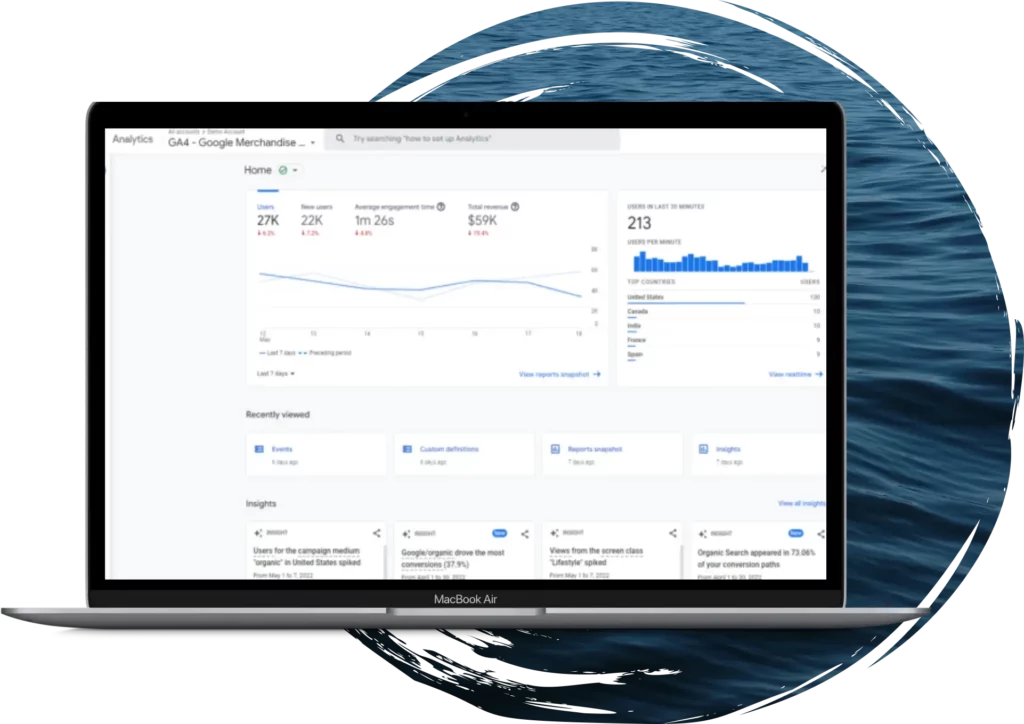Switching to Google Analytics 4 from Universal Analytics doesn’t have to be difficult. Our team has completed 30+ installations for small businesses in various industries. Make the move by the July 1st, 2023 deadline to ensure meaningful data is not lost.
The deadline to migrate to GA4 is July 1st, 2023. After that, Universal Analytics (UA or GA3), the old industry standard, will stop tracking data. The sooner you switch to GA4, the sooner you can start tracking data and the more historical data you’ll have to compare to. In addition, on Jan 1, 2024, Google will delete all historical UA data.

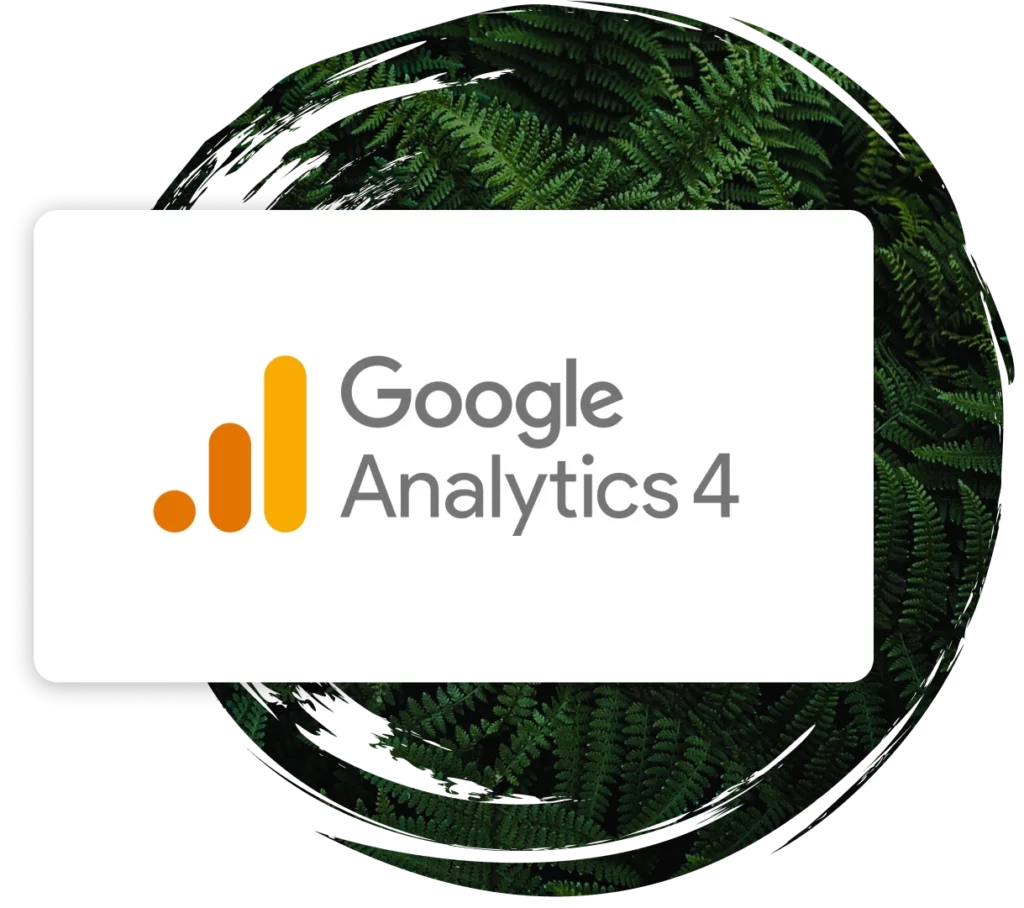
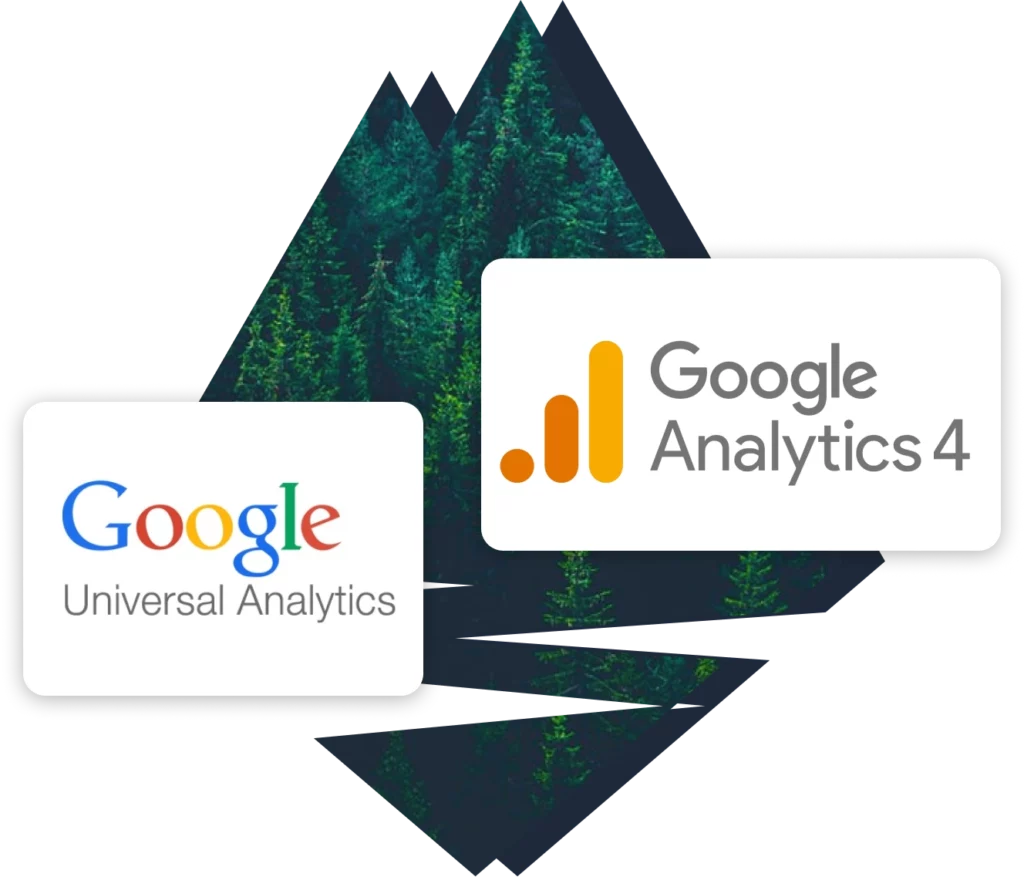

In short, Google sees the decline of cookie-based tracking, so GA4 uses a completely different tracking model for the modern web to prepare for the time when cookies become obsolete. Also, Google’s new measurement model uses AI and machine learning to give more insights into your data, and the new event-based model greatly simplifies how we track and report data.
Google Analytics 4 gives a clearer picture of marketing impact with a new method of tracking that accounts for the modern user. No longer is the website the only source of interaction – customers may find you on Instagram, read your LinkedIn profile, then visit your site on their mobile before finally making a purchase on the desktop.
Not only does GA4 track these cross-device user journeys, but it also has custom audiences for more targeted marketing campaigns, and automated insights to help you make better decisions from your data.
To learn more, dive deep with our guide on everything you need to know about Google Analytics 4.
No, until July 1, 2023 you can use and collect new data in UA properties. But after that, you’ll have just six months to access this historical data before you must export it.
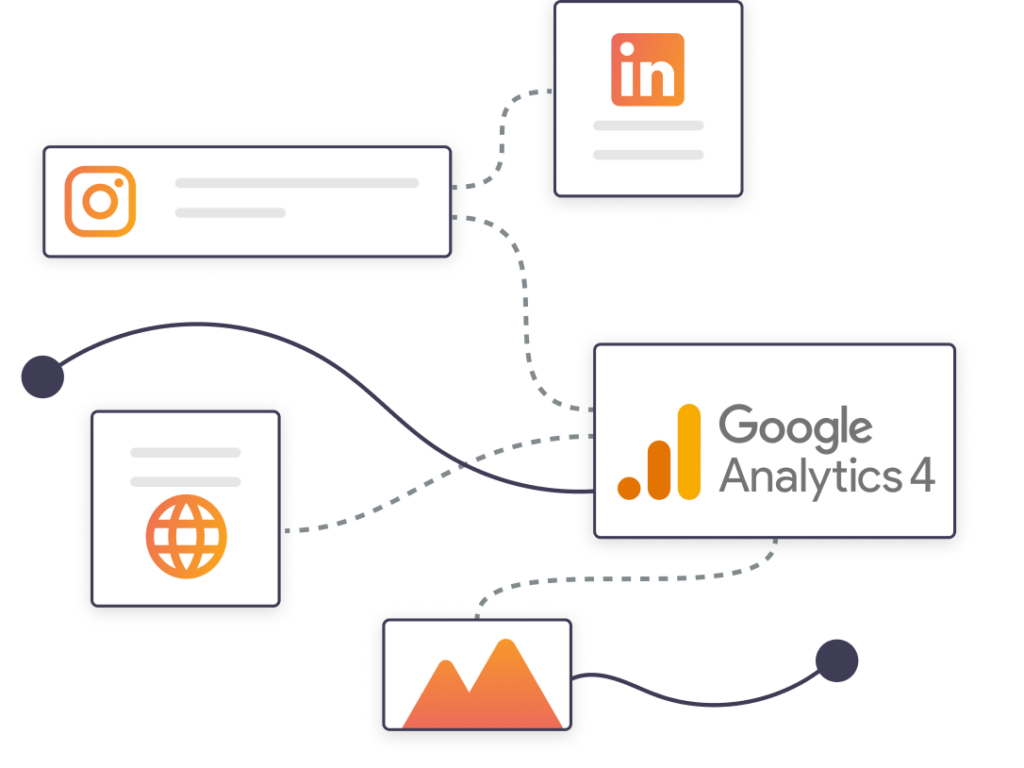
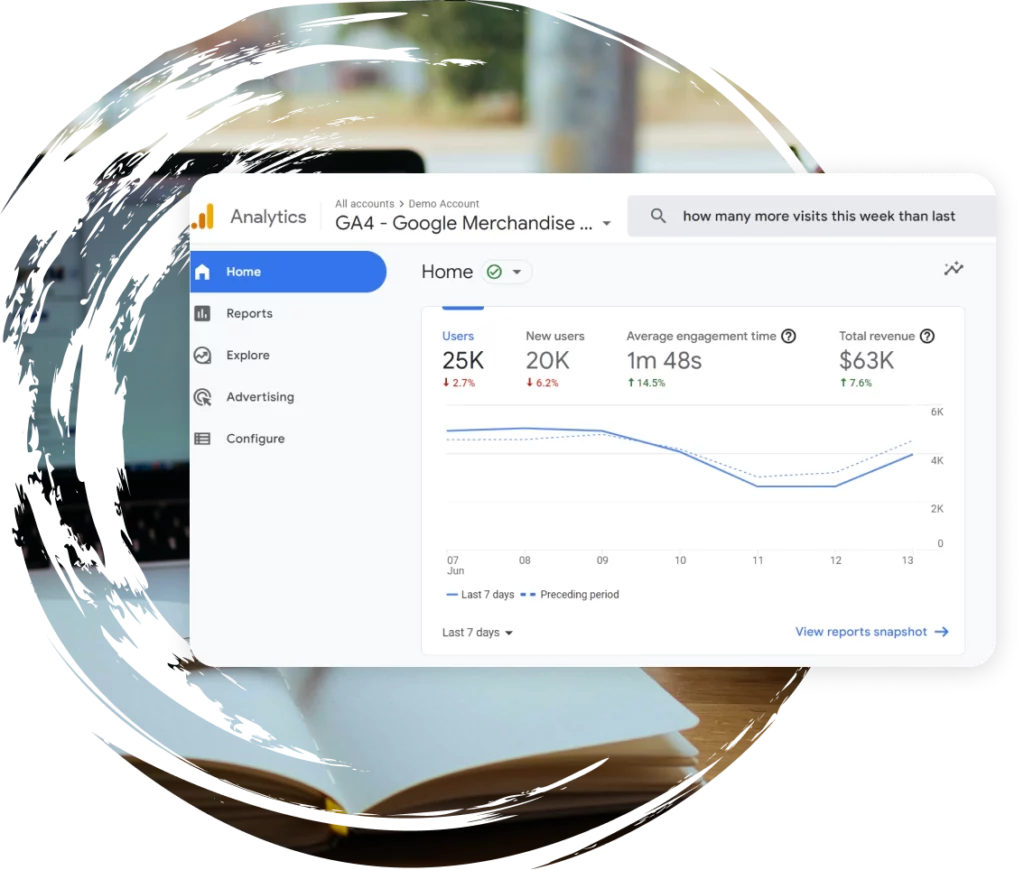

Creating a new GA4 property is not difficult – Google has a wizard that works well.
However, for most websites this is not enough as you may miss out on measuring the critical interactions on your website and you may not be maximizing the amount historical data being stored for later comparison.
In addition, if you’re not comfortable with Google Tag Manager, adding code to your site, or you don’t which default options to change in a new GA4 installation, it’s recommended to hire a consultant.
We recommend using Google Tag Manager (GTM) for new Google Analytics 4 (GA4) configurations. It has many benefits including easier tag management, future-proofing, improved interaction tracking, better testing tools, a versioning system, and much more.
Migrate and start tracking analytics in Google Analytics 4.
Measure and report on what marketing channels result in conversions.
Measure and report on customer purchases with custom dashboards.
Starts at
This pricing table is based on configurations for WordPress sites. Shopify, Wix, Squarespace, ShowIt and Hubspot websites have added complexities and are not included in the above estimates.






We also provide GA4 consulting services for more advanced configurations including:

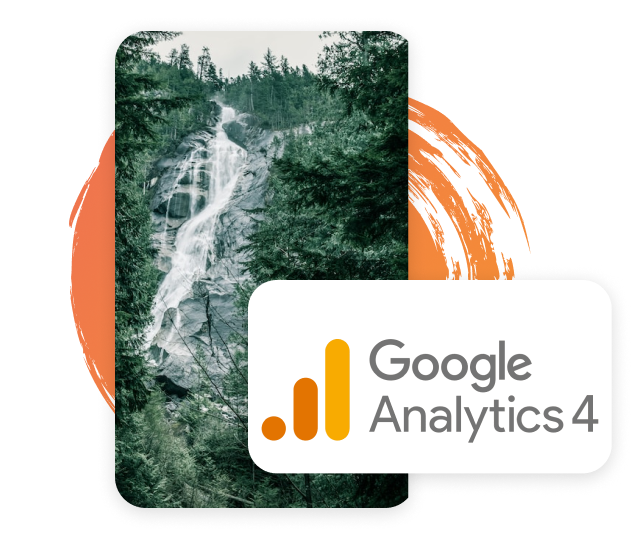


Each migration is unique, however for a basic “brochure-style” business website with no eCommerce, it will take 1-3 business days.
Sites with more interactive components, multiple platforms, opt-ins, ads and custom events to be tracked take longer. Read our GA4 guide to learn more.
Big Cedar recommends our clients to keep their UA and install GA4 immediately so you can start tracking data in GA4 today and have historical data available for future comparisons. We recommend running GA4 in parallel to you existing UA, and exporting historical reports by the end of 2023 on a report-by-report depending on your KPI’s.
We work with small businesses across a wide array of industries with all levels of technical expertise. If you’re looking for help with your GA4 setup, contact us!
